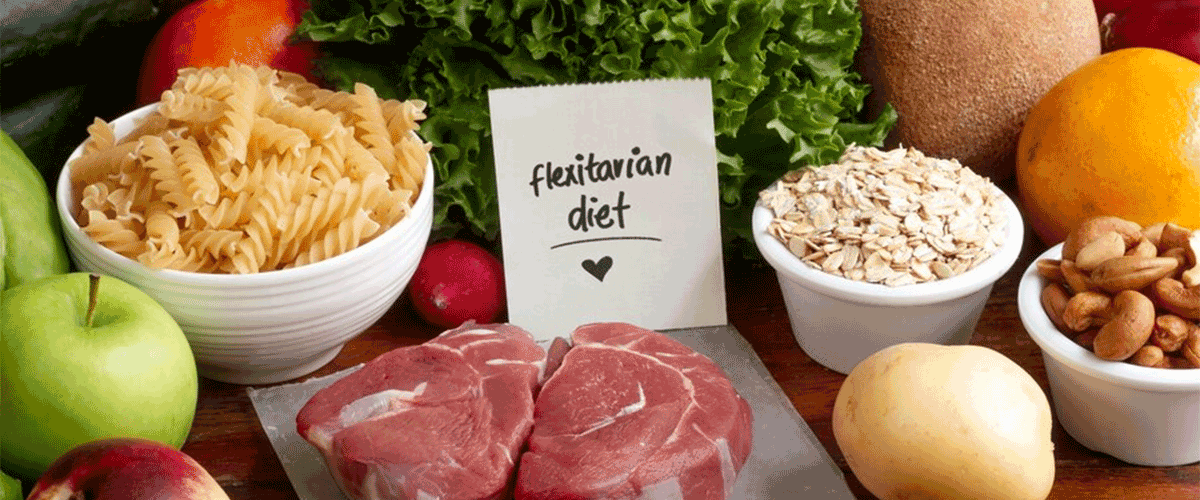(An Autonomous Body Recognized by Ministry of Commerce & Industry, Government of India)
Competency based placement focussed Education | Training | Research | Consultancy

How diet shapes gut microbiome health: Food as medicine
A recent Nature study from the University of Chicago reveals that diet plays a key role in gut microbiome recovery after antibiotics. Mice fed a Western-style diet—high in processed foods and low in fiber—struggled to restore microbial diversity and were more prone to infections like Salmonella. In contrast, mice on a plant-rich, Mediterranean-like diet regained a balanced, resilient microbiome. Lead author compared microbiome recovery to forest regrowth, where proper nutrients are essential for restoration. Even fecal microbiota transplants (FMT) had little effect when mice remained on an unhealthy diet. The findings suggest dietary fiber is crucial for rebuilding gut health and resisting pathogens. Researchers propose using diet as a tool, especially for patients undergoing treatments like chemotherapy or organ transplants, where antibiotic use disrupts gut bacteria. Co-author emphasized that food could serve as a form of medicine—shaping and restoring a healthy microbiome ecosystem with lasting effects.
13-05-2025
📰 Recent News
- High-Fat Diets May Rewire Liver Cells, Raising Cancer Risk
- Time-Restricted Eating Alone Shows No Metabolic Benefit, Study Finds
- Maternal Emulsifier Intake May Alter Offspring Gut Health, Mouse Study Finds
- Broader Obesity Criteria Reveal Hidden Health Risks in US Adults
- YumYum Enters High-Protein Snacking Space with SNACKiT
- Winter Consumption Pushes Egg Prices Sharply Higher
- Human Rights Panel Flags Sale of Substandard Milk and Paneer in Chandigarh
- Ancient Khapli Wheat Finds New Favour Among Urban Health Seekers
- Global Study Reveals the Most Effective Foods for Hangover Recovery
- Eating vitamin C-rich foods can significantly improve skin health

